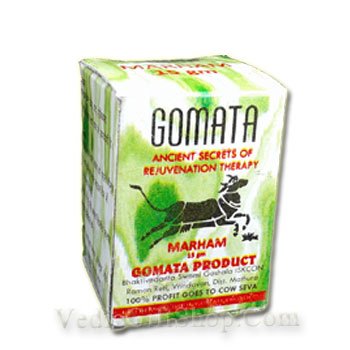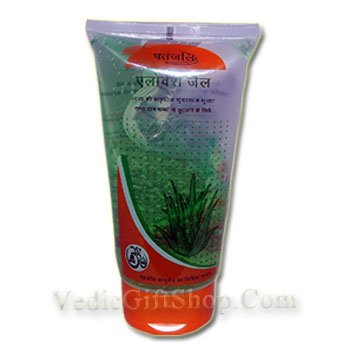Description
Key ingredients:
- Gandhpura tail (Gaultheria Procumbens)
- Pudina tail (Mentha viridis Linn. Syn. M. spicata)
- Eucalyptus tail (Eucalyptus globules)
Use:
- Cold and cough
- Rhinitis
- Headache
- Nose relief
- Rhinitis
Suggested Use:
Gently apply sufficient quantity on affected area. For external Use only.
Available in:
25 gm
Its main ingredient consists of methyl salicylic acid (methyl salicylate or mono-methyl salicylic ether),its ability to suppress the production of prostaglandins is due to its irreversible inactivation of the cyclo-oxygenase (PTGS) enzyme. So it is used as an analgesic to relieve minor aches and pains, as an antipyretic to reduce fever, and as an anti-inflammatory medication.
Cough, cold, headache and rhinitis are the common disorders in human body. A cough can be the result of respiratory tract infections such as the common cold, pneumonia, pertussis, or tuberculosis. Symptoms may include a tightness in the chest, and a tickle in the lungs. This cough may often persist for weeks after an illness. The common cold is an infectious disease of the upper respiratory system. Common symptoms include a sore throat, runny nose, and fever.
Headache is defined as pain in the head that is located above the eyes or the ears, behind the head (occipital), or in the back of the upper neck. The pain is caused by disturbance of the pain-sensitive structures in the head. Several areas of the head and neck have these pain-sensitive structures. Rhinitis, commonly known as a runny nose, is the medical term describing irritation and inflammation of some internal areas of the nose. The primary symptom of rhinitis is nasal dripping. It is caused by chronic or acute inflammation of the mucous membrane of the nose due to viruses, bacteria or irritants.
Active Ingredients of Patanjali Balm
- Gandhpura tail (Gaultheria Procumbens)
- Pudina tail (Mentha viridis)
- Eucalyptus tail (Eucalyptus globules)
Mechanism of Action in general
Gandhpura oil or wintergreen oil (Gaultheria Procumbens) consist of methyl salicylic acid (methyl salicylate or mono-methyl salicylicether), its ability to suppress the production of prostaglandins is due to its irreversible inactivation of the cyclooxygenase (PTGS) enzyme. Cyclooxygenase is required for prostaglandin synthesis. Prostaglandins are local hormones produced in the body and have diverse effects in the body, including the transmission of pain information to the brain, modulation of the hypothalamic thermostat, and inflammation. So it is often used as an analgesic to relieve minor aches and pains, as an antipyretic to reduce fever, and as an anti-inflammatory medication.
Pudina tail (Mentha viridis) Linn. Syn. M. spicata mainly consists of Menthol. Its use in nasal congestion may be due to an effect on calcium channels of sensory nerves. When applied to the skin menthol dilates the blood vessels, causing a sensation of coldness followed by an analgesic effect. It relieves itching and is used in creams, lotions, or ointments in pruritus and urticaria.
Eucalyptus oil (Eucalyptus globules) main active constituents is cineole. It has anti-inflammatory and analgesic qualities as a topically applied ingredient. Inhaled eucalyptus oil vapor is a decongestant and treatment for bronchitis. Cineole controls airway mucus hypersecretion and asthma via anti-inflammatory cytokine inhibition.









Reviews
There are no reviews yet.